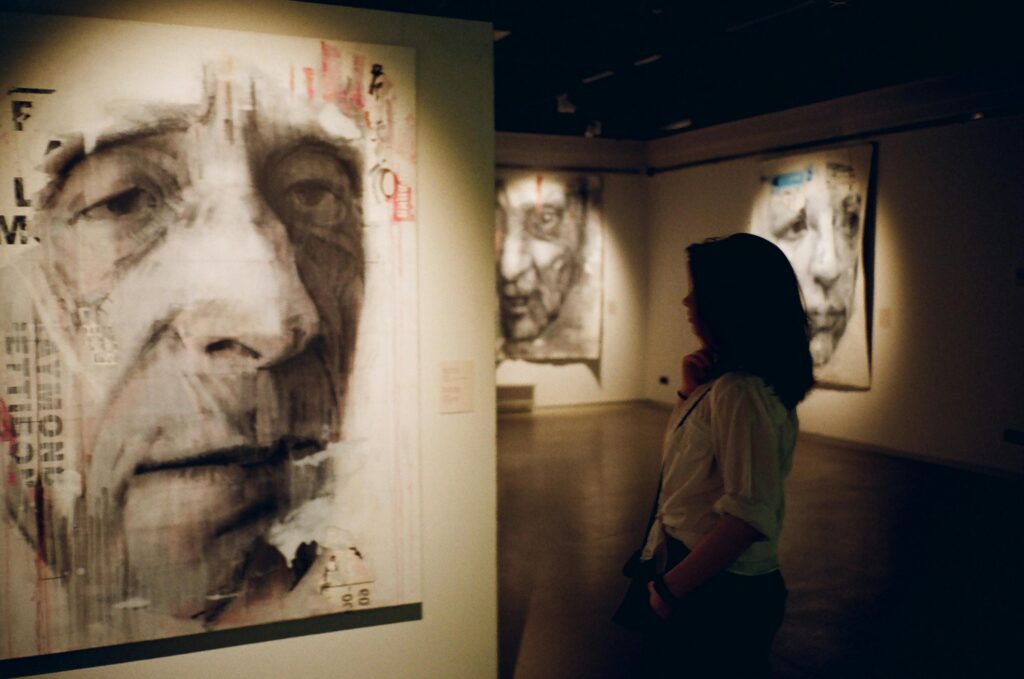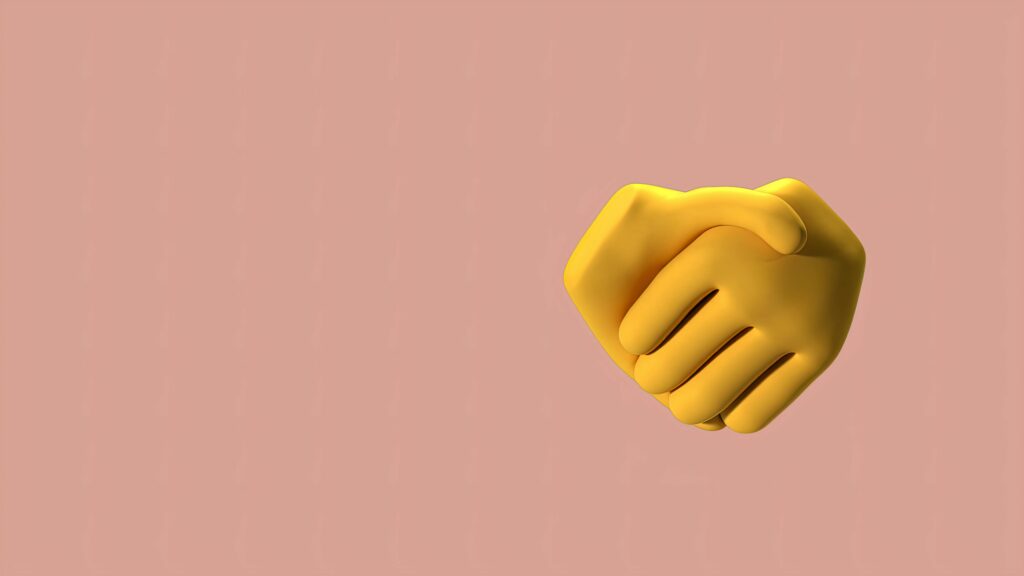We are being told it is okay to cry as a man. That is, letting yourself loose is amicable. But is it all right for a man to be recklessly vulnerable? To be overly emotional? To whine, complain and bitch around? Are we just supposed to shout out our problems? Seek sympathy from those around us? What happened to us facing our misfortunes head-on? Dealing with shit on our own and being conscious of the burden on our shoulders as men?
I subscribe to the old saying that men were men when they would solve problems instead of discussing them. When every man was a silent, strong type. Families were content, safe, and happy. Men were responsible.
I believe all these were made possible through Initiation into manhood, a crucial ritual that helped young boys transition into masculinity. They would be made aware of what lies ahead at an early age. They would be told that the life of a man is not easy. They would know at an early age that life is hard; it is a series of problems. And that the fun lies in finding solutions.
A famous saying reports that you’re born male but choose to become a man. As such, I posit that a man is made. And the good thing is that he is the project manager, the clay, and the potter. I thank the gods, for I was born male. I like the challenge of becoming a man. I have my whole life staring back at me.
But then again, I can’t help but wonder: How does a man become a man? Is there a way? What is it? And since the world has become a global village, whose advice can I use? Of the many gurus online, who has the correct lines that I can follow?
A boy looks up to his father. He takes after him. He is a replica, or at least strives to be, of the man who brought him here. In his father, a boy has a blueprint for building a life. Their relationship is one of guidance, correction, advice, admiration, and collaboration. And when it flourishes, the older man smiles back at his reflection, his son.
When a father intentionally raises his son, the son has a better chance of making it in life than one brought up without or by an unintentional father. However, especially recently, this has not been the case. Fatherlessness is the new pandemic that continues to flourish unchecked. It is eating up our society.
Most young men need direction. They have no one to take after—someone to ease their navigation through the world. Therefore, we need more fathers, deliberate fathers—strong men to make our societies thrive through leadership, guidance, and instruction.
It is my view, ergo, that as the basic unit of a community, the family should be protected. And that is what strong men do; they protect their families, providing for and guiding them. Call me old school, but I couldn’t care less. I believe in a society with strong families where men have taken charge.
A society where men are aware of the burden of being a man and have accepted to bear it. Discipline and order prevail in such communities, which are lacking in modern societies. Nowadays, men are roaming around, purposeless. It is painful to live in the present times.
I come not from one such family. But it has not always been like this. My father is the strong, silent type. I’ve always looked up to him. He has had a few undoings regarding being a deliberate father, but he is still my hero.
He gave me a blueprint during my early years. He was present for my brother and I. He taught us many things, like how to hold a hammer and do basic repairs around the house. He, my brother, and I would make all the furniture needed in our homestead.
Those were handy skills he passed down to us. As boys, he brought us up like that. He insisted that a boy should be tough. He showed us how to be hard on ourselves and always aim to solve every problem rather than being bitches about it. His lessons have been invaluable.
He turned unintentional just after my admission into teenagehood but I’ve not had the chance to ask him what happened. That was just over a decade ago. He relegated fatherhood to my mother, and though she has done a great job, my father’s absence has been quite an event. We barely talk. He is ever silent. I do not know how to speak to him. Yet, I have things and questions to ask. What happened to the strong silent type? What happened to my father?
I’ve had to teach myself how to become a man. As much as it is painful to live in modern times, many ways exist to ease the pain. Thanks to the internet, I can access lessons learned and shared by men—men who have had to do it all by themselves, men who have broken free from fatherlessness, men who have built their lives without a blueprint. They are my greatest inspiration as I set out to create my own.
Luckily, my father revealed a part of the blueprint earlier, so I have somewhere to start. I agree with Prof. Richard Dawkins’s title: Books Do Furnish A Life. Books have furnished my life—those written by powerful, masculine men whom I admire. They have shown me what path to follow and how to become a man. Our relationship is built on guidance, correction, advice, admiration, and collaboration.
Dr Jordan B. Peterson. You have probably heard of him. He is a man. He has become a man. He is helping boys become men. His books have furnished my life. They have helped me apply my father’s blueprint to build my life. The first of his books that I stumbled upon is 12 Rules of Life: An Antidote to Chaos. This book taught me that societies are hierarchical; there are people at the top and those at the bottom. And if I do not claim my place, society will assign one to me; sadly, at the bottom.
Further, he instructs that I should walk with my head held high, chest up, and shoulders back. I should assume a higher position, and society will gladly let me have it. Besides, equality does not exist. We cannot be equal because not everyone is hardworking. The reward is for those who take their place at the top. If you do not work, you cannot eat.
Perhaps being a robust silent type was a response to the demands of the time. But, I cannot help but ask, what are the needs of our time? What has been the question to which men have responded by whining?
What happened to the strong, silent type? Do they still exist? Have they evolved to become more vocal, expressive, and vulnerable? Can vulnerability qualify as a strength, especially in men? Is embracing your emotions possible while maintaining your strength and resilience? How can a man adapt to the changing times while upholding the values that make him a man?
To be continued…



